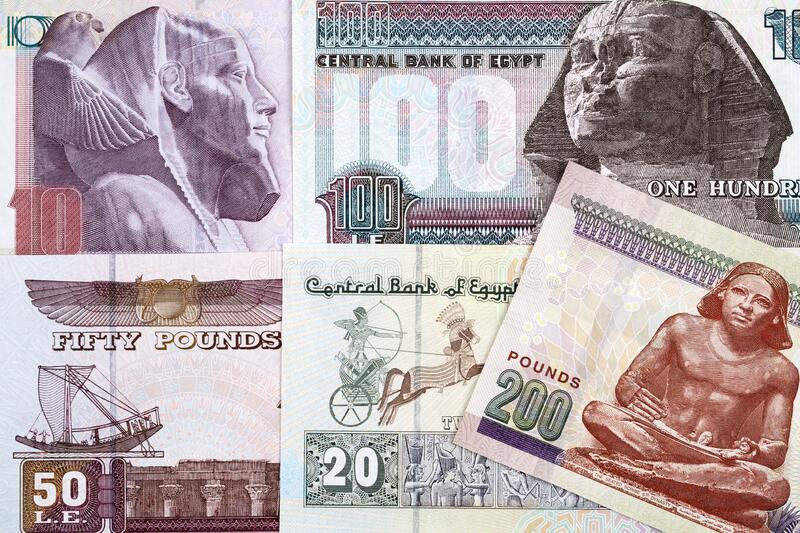
Egypt’s central bank unexpectedly cut its main overnight interest rates by 50 basis points on Thursday, saying exceptionally low inflation gave it room to help boost the economy.
The bank’s Monetary Policy Committee (MPC) reduced the lending rate to 9.75 percent and the deposit rate to 8.75 percent, it said in a statement.
Of 18 analysts polled by Reuters, 15 had expected the bank to keep rates steady, and three had expected it to reduce them by one percentage point.
“The reduction of policy rates in today’s MPC meeting provides appropriate support to economic activity, while remaining consistent with achieving price stability over the medium-term,” the MPC said.
Annual urban consumer price inflation fell to 3.4 percent in August, the second-lowest level in almost 14 years, from 4.2 percent in July. Inflation had slid to 3.1 percent last October but rebounded in subsequent months.
Inflation remained well below the central bank’s target range of 6 percent to 12 percent, the MPC statement said.
The MPC expected inflation to hover around the lower band of the 6-12 percent inflation band in the rest of 2020, due in part to adverse base effects from 2019.
Overnight interest rates are at their lowest since early 2016, before Egypt embarked on a three-year, IMF-backed economic reform programme. Egyptian one-year treasury bills carried an average yield of 13.6 percent at an auction on Thursday.
Egypt’s economy grew by a preliminary 3.5 percent in the year that ended June 30, according to the MPC statement, well below the 5.6 percent the government had forecast before the coronavirus pandemic began hitting the economy in February.
“The cut shows the central bank is not worried about capital flight in the short term and is comfortable with inflation, which is expected to stabilize at 5.5 percent towards the end of this year,” said Arqaam Capital’s Noaman Khalid, who had forecast a 100 basis point reduction.
Foreign holdings of Egyptian treasury bills rebounded in July to 172.0 billion Egyptian pounds (US$10.9 billion) from 122.44 billion at the end of June, the central bank said on Thursday.
In March, foreign investors sold more than half of their Egyptian pound treasury bill holdings as the coronavirus pandemic led them to pull money out of emerging markets.




